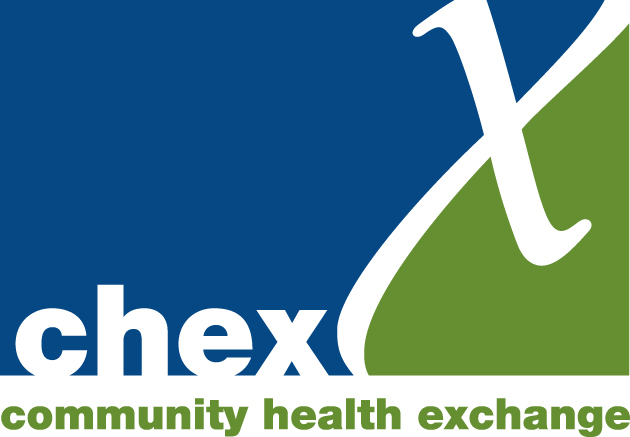Unfairly and avoidably unwell and dying younger"
/In this blog Elspeth Gracey, from the CHEX team, reflects on how we use language to describe Scotland’s biggest health challenge and given what we know about the statistics and research what difference will it make to what we should do?
In a previous blog, I used the phrase above to describe what in professional medical circles are generally called ‘health inequalities’. While the phrase I used may not be tidy or roll off the tongue easily I believe that it accurately describes the stark reality of the biggest health challenge facing us, sadly not just today but for too many decades from our past as well.
Knowing that the burden of ill health is so unequally carried across the nation remains a major cause of concern in professional medical circles and yet the solution lies, I believe, in greater part outwith the control of trained health professionals. The causes of so much ill health lie in the life circumstances in which people find themselves and the relentless stresses of living, on a daily basis, with inadequate resources to meet life’s basic necessities. Lives in which, what for others are commonplace pleasures, seem to represent unattainable goals, e.g. visiting a restaurant with friends, taking a family holiday, to name but two.
Differences in life circumstances, in turn, are caused by wider inequalities, including inequalities in income and power. NHS Health Scotland provides a good overview of these fundamental causes of health inequalities. Furthermore, NHS Health Scotland argues that reducing these fundamental inequalities will require policy levers such as fairer tax and redistribution as well as targeted action with disadvantaged groups and in communities deprived of the opportunities and circumstances others take for granted.
A recent publication by Scotland’s Public Health Observatory, ScotPHO, whose tag line spotlights their mission of “Working to improve Scotland’s health and reduce health inequalities”, highlights the overall burden of disease experienced in Scotland.
Through this new publication, I have learned a whole new vocabulary and series of abbreviations.
Years of life lost – YLL – the years lost because of early death
Years lived with disability – YLD – the years lost because people live with less than ideal health, also called ‘non-fatal burden’
Disability-adjusted life year – DALY – the measure used to describe the overall burden of disease.
This terminology brings us to the heart of what we are talking about when we consider health inequalities; years of life lost or lived in poor health. In the past I have been told, by more than one person, that living longer is not something they aspire to since the daily grind of their existence is not a thing to be desired. One man sticks vividly in my memory. When approached by a smoking cessation worker at his local shopping centre, having offered him advice on how to stop smoking and increase his chances of a longer life, his response was.
“Why would I want to live longer in this hell hole?”
The ScotPHO publication gives us the overall picture of the misery experienced by the nation, as a whole, in terms of the ‘Burden of Disease’ however they have yet to analyse the data in terms of how this is distributed across the nation. Would anybody like to take a bet on what those findings might be? I think many of us might be able to draw the socio-economic distribution graphs already having seen them many times before in other academic studies of distribution of ill health.
View the ScotPHO paper here
In terms of watching and wondering what it all means I notice that health inequalities ‘guru’ Professor Sir Michael Marmot has been in the news recently warning that life expectancy in England is ‘levelling out’ and that this may be attributed to lack of investment in the public sector and the policy of ‘austerity’.
You may be interested to read about the impact of current welfare benefits on Community-led Health Organisations in Scotland detailed in a previous CHEX briefing.
While it is useful to have the academic information about the extent of the burden of ill health we face the critical question which remains is ‘what is to be done?’.
While we await better choices about how our society organises itself to achieve the political aspirations of greater equality of opportunity so often expressed but rarely realised, local community-led health organisations continue to work directly with their communities to mitigate the social circumstances contributing to the burden of ill-health.
Were it not for the determination of dedicated local people, volunteers giving generously of their expertise and time and staff prepared to work over the odds then I believe we would be in an even worse situation than we are already. Here at CHEX we would argue that this kind of work and volunteering is part of the “targeted action” described by NHS Health Scotland as a means of meeting this our most intractable health challenge.
To check out what community-led health organisation may be operating near you please use our online searchable database. Or if you know of a local organisation led by local people and contributing to the health and well-being of their community that is not registered with us please forward this link to them.
